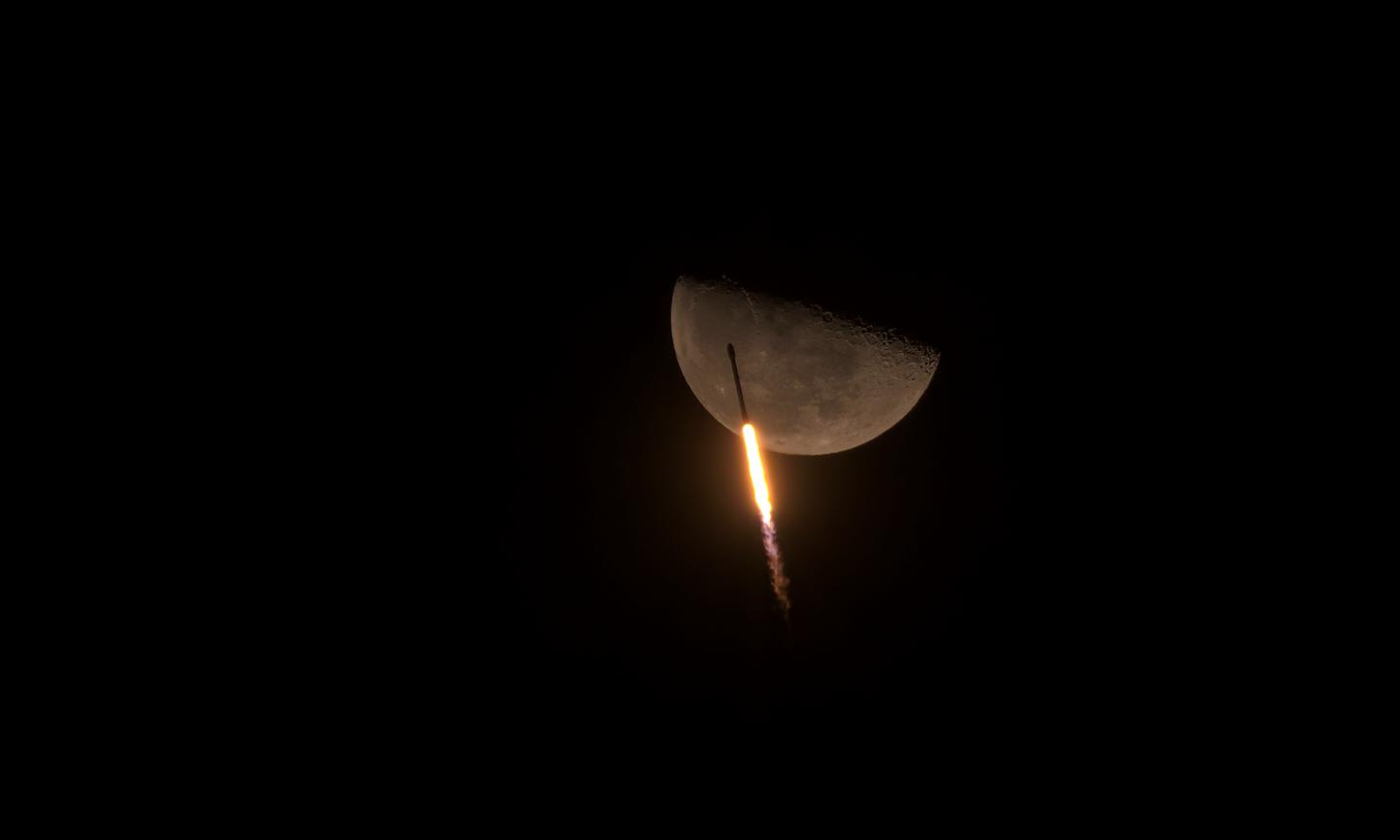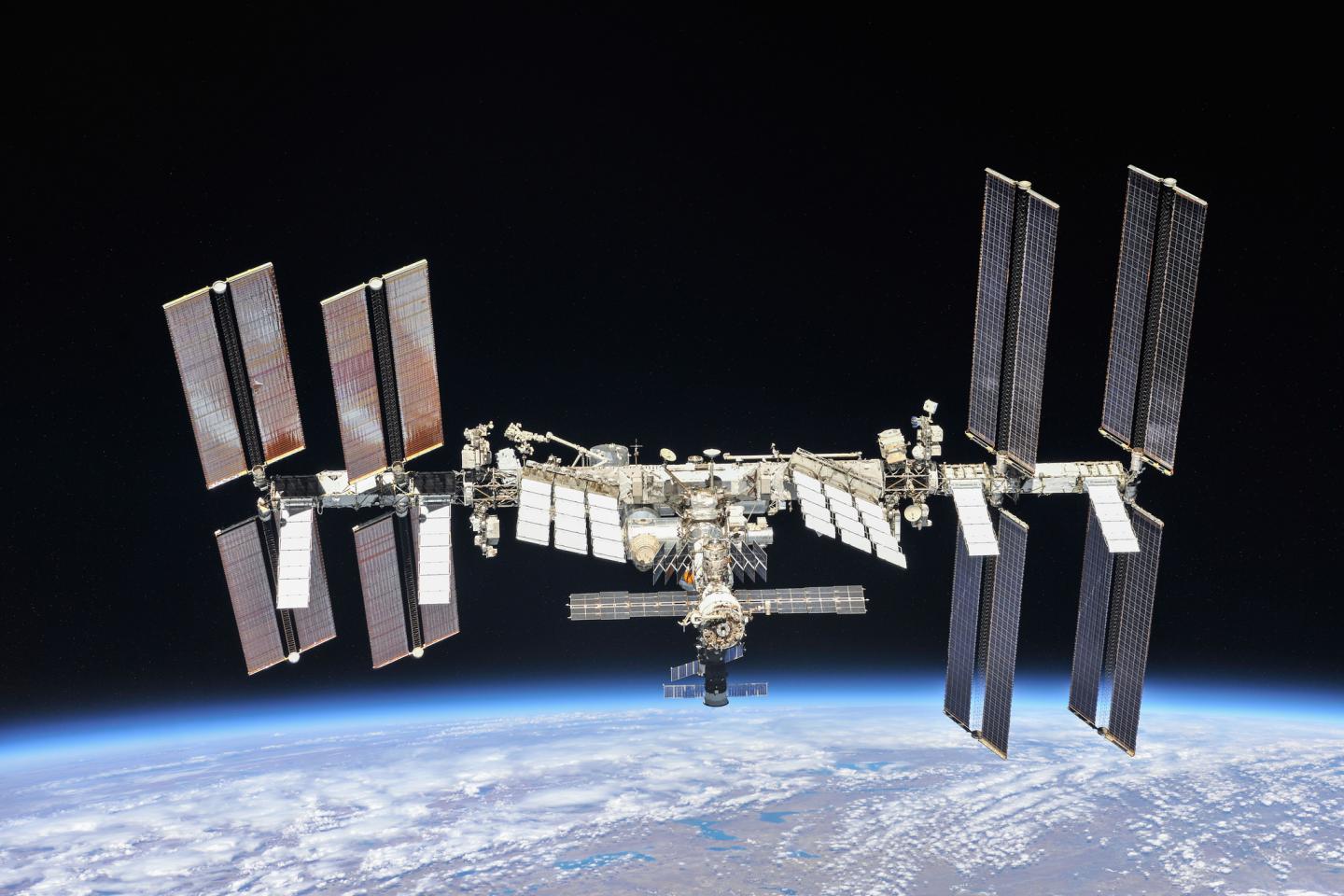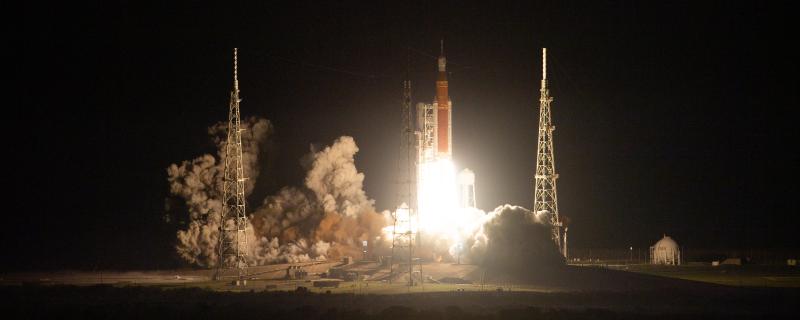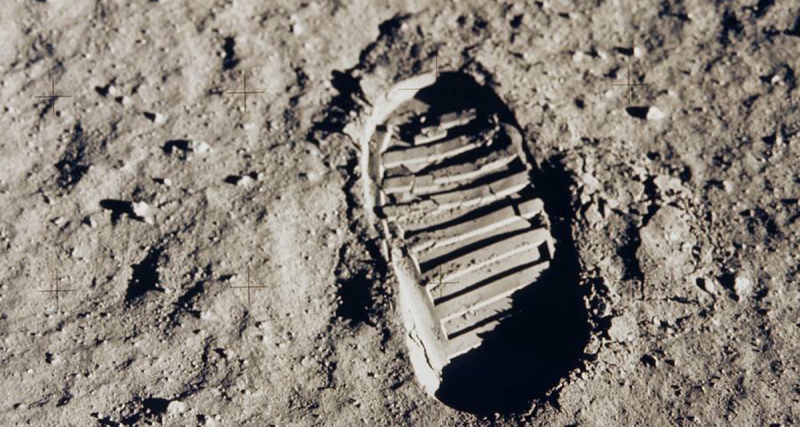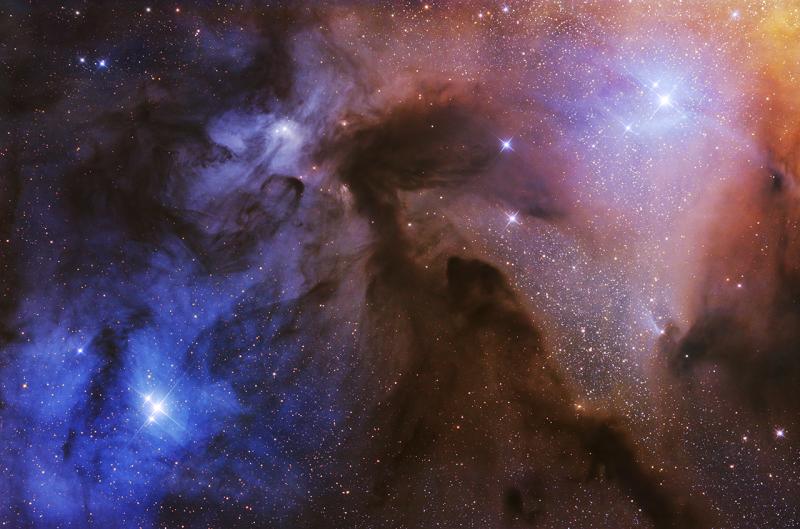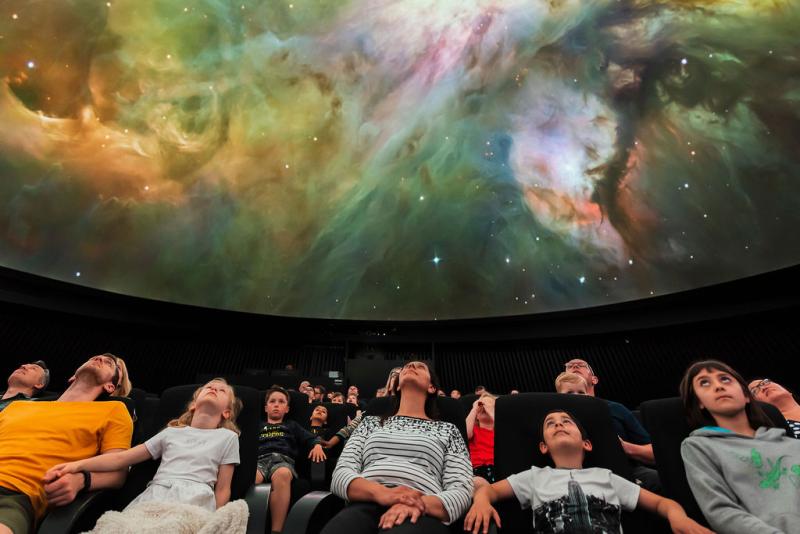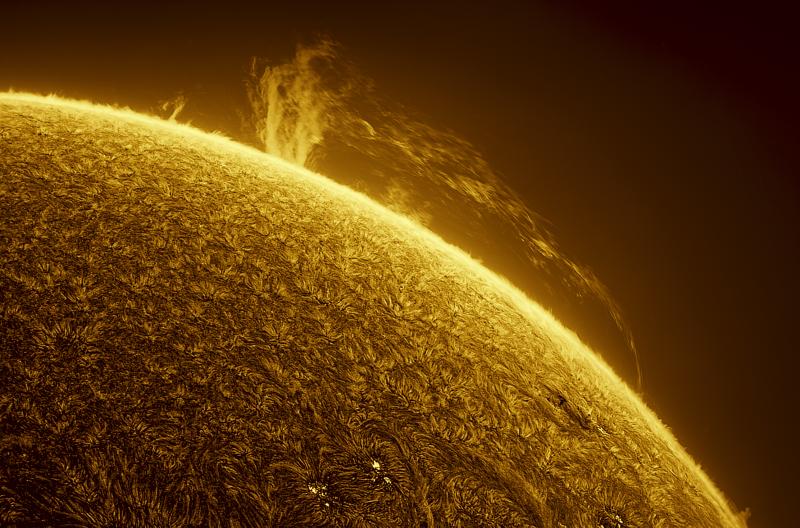
The next 50 years of space exploration will change the face of global politics.
Soon, what happens in space will shape human history as much as mountains, rivers and seas have on Earth.
In his new book, The Future of Geography: How Power and Politics in Space Will Change Our World, author Tim Marshall lays bare the geopolitical realities to show how we got here and where we’re going.
Below, Tim talks us through the new space race, introducing the key players and their goals, the tensions already being exposed, and what needs to change in order to foster collaboration instead of conflict.
What is the new space race?
Space is now, more than ever, becoming an extension of the geography of Earth: humans are taking our nation states, our corporations, our history, politics and conflicts way up above us.
The Cold War space race was all about getting up and out; now we’re claiming what’s there. And as more countries become spacefaring nations, history suggests there will be competition and cooperation along the way.
Space has already changed much in our everyday lives. It is central to communication, economics and military strategy, and increasingly important to international relations. That will inevitably mean ‘spheres of influence’ and even claims on territory as the rivalries, alliances and conflicts on Earth spill out into space.
But what we’ve failed to establish so far is a set of universally agreed-upon rules to regulate this competition; without laws governing human activity in space, the stage is set for disagreements on an astronomical level.

What has caused the new space race, and what is different to the last one?
The costs of space travel have come down. Elon Musk’s SpaceX and its reusable rockets are partially behind this, as is the miniaturisation of satellites. This makes it cheaper to send the machines up, and you can deploy several at the same time.
However, the signs that space is going to be a huge geopolitical narrative of the 21st century have been accumulating for some time.
In recent years, rare metals and water have been found on the Moon; private companies have massively lowered the cost of breaking through the atmosphere; and the big powers have fired missiles from Earth, blowing up their own satellites to test new weapons. All of these events have been pieces of the bigger story emerging.
Image: Starbomb by Brandon Yoshizawa | shortlisted in Astronomy Photographer of the Year 2021
Which nations are involved in the new space race?
The USA, China and Russia are the clear front-runners, but the race is very different this time.
More than 80 countries now have a presence in space. Some people might be surprised to learn that the United Arab Emirates has sent a probe to Mars, and that Israel has (crash) landed on the Moon.
The rest of the nations know they can’t compete with the Big Three, but they still want to have a say in what goes up and what comes down; they are assessing their options and aligning into ‘space blocs’.
What role do private companies play in space exploration?
Government funding is still the biggest source of revenue for the Big Three, as it is for the European Space Agency. However, investment from private enterprise is growing rapidly.
For example, a decade ago in the USA the private sector was spending about $1 billion a year on research and development. Now it’s between $5 billion and $6 billion.
Private enterprise is part of the 21st century space race and all three players have big commercial companies involved. Commercial companies have seen that while the risks are great, the potential profits are enormous.
What are the goals of the new space race?
Challenges will be taken on for various reasons – prestige, commercial and strategic.
For example, there are numerous objectives behind the return to the Moon via the Artemis missions, and the proposed Moon Bases the USA and China/Russia intend to build. Using the Moon as a launch pad for going to Mars is one goal and mining the Moon for resources is another.
Recently, evidence has been found for deposits of metal oxides in some of the large craters of the Moon. It’s also believed the Moon contains reserves of silicon, titanium, rare earth metals and aluminium.
Humanity is destined to spend more time there, digging beneath the surface in pursuit of these metals, which are used in vital modern technologies. Many countries have the incentive to go after them, especially those that don’t want to rely on China, which currently holds a third of the world’s known reserves.
Countries are also after helium-3. Theoretically, helium-3 can be used to create nuclear fusion – the Holy Grail of energy production – as it would produce higher amounts of energy than nuclear fission but is much less radioactive. On Earth only about 0.0001 per cent of helium is helium-3, but on the Moon there may be a million tonnes of the stuff.
Ouyang Ziyuan, China’s distinguished Chief Scientist in its Lunar Exploration Program, believes that if helium-3’s power can be harnessed it will ‘solve humanity’s energy demand for around 10,000 years’.
The space race in general also has a military aspect. As satellites become more integral to commerce and warfare on Earth, the more countries will feel the need to defend them and, in a few cases, have the ability to attack them.
What are the implications of a country pushing ahead of the others?
A successful colonization of the Moon will give a country, or an alliance, advantages similar to those enjoyed by maritime powers in previous ages.
A dominant power will be able to stymie the ambitions of others by occupying the territory and attempting to police it. Its satellites will enjoy a direct line of sight down to geostationary and low Earth orbit. Those who pave the way will set parameters others may be expected to follow.
The first to establish themselves will be the first to access the potential wealth of the Moon and the ability to ship some of that wealth back home.
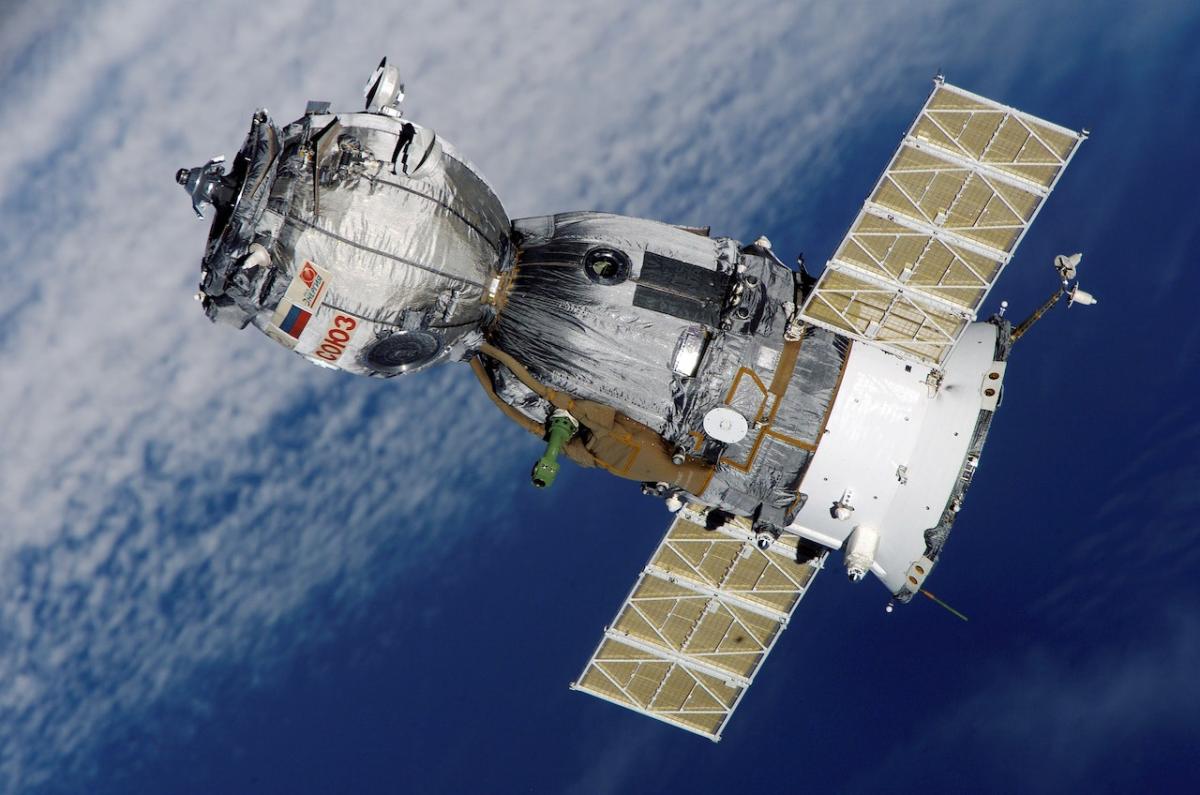
What tensions are most likely to occur in space?
Tensions will more likely arise around attacking satellites. Part of countries’ early-warning systems of a nuclear launch are within their satellites. If a nation thought these machines were being threatened, the temptation to take pre-emptive action would increase.
Without satellites, international communication networks and global positioning systems would not exist. Jam, spoof or destroy these satellites and your grocery delivery van can’t find you, the emergency services are lost, ships drift off course and a major industrialised economy such as the UK loses an estimated £1 billion a day. Their importance to modern life cannot be overstated and their function in the military is now key to modern warfare.
Image via Pexels.com
What could be achieved if countries collaborated in space?
On a happier note, scientific experiments in the realm of space exploration will continue to result in breakthroughs that will help all of humanity.
We have seen many examples of the benefits of cooperation. The 'handshake in space' between Russian and American astronauts helped reduce Cold War tensions for example.
Many of the space-related technologies being developed, in medicine and clean energy for example, will help us all. Several countries are working on ways to deflect huge asteroids, capable of destroying the world, off a collision course – and it doesn’t get more common property than that.
The International Space System is another symbol of what can be achieved in space through cooperation. The partnerships involved helped foster good relations and advances in science.
Sadly, Russia's invasion of Ukraine has broken that particular collaboration, and the tense relationship between the USA and China is part of why the near future of human space exploration will be dominated by competing power blocs.
Tackling such problems would be easier if laws existed to encourage cooperation between the major spacefaring nations, particularly the USA and China. Expecting the world’s two greatest powers to put their differences aside is naive, but if they can accept them and see past their mutual suspicions, both would benefit enormously from exchanging scientific expertise, as would the rest of the planet.
How important is regulating the new space race?
The idea that space is a global common is disappearing. The stakes are high. We need a new set of rules, and a better understanding of the space they govern. There are eight billion reasons why.
Every human on Earth has a stake in a rules-based space order, and in global cooperation on cosmic issues. Without this we may end up fighting over the geography of space, just as we have done over the geography of Earth.
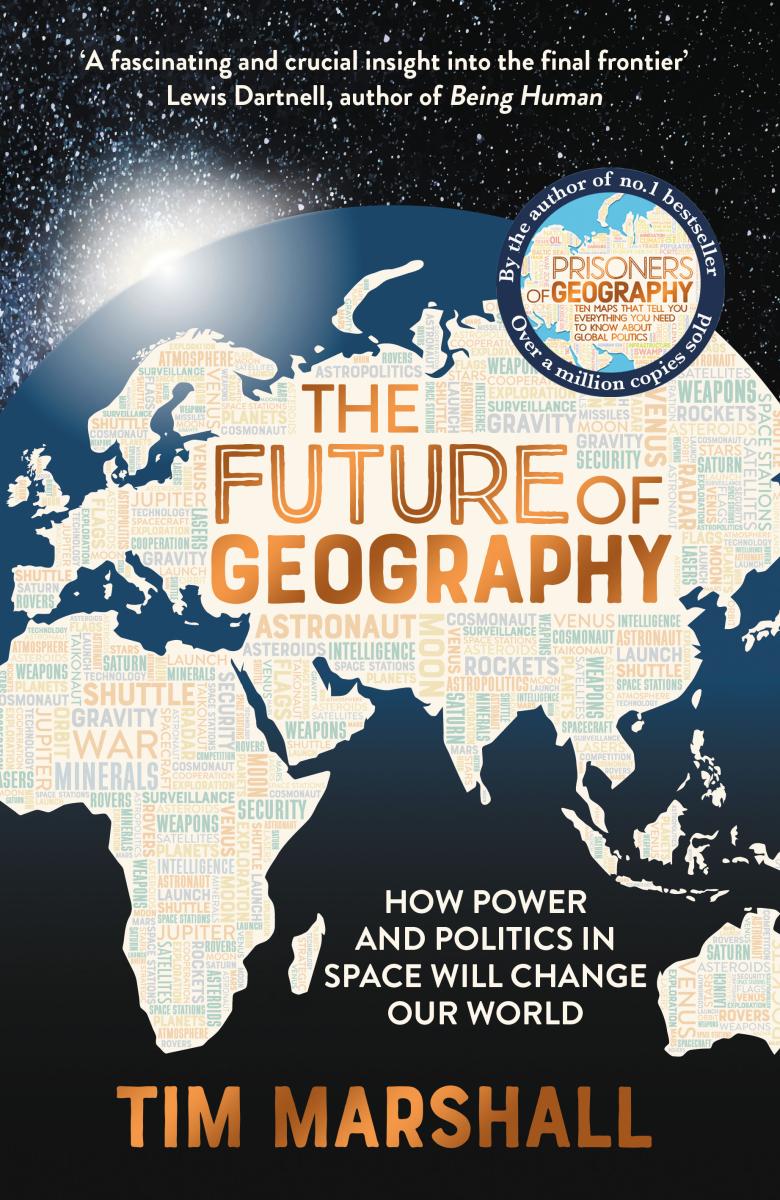
About the author
The Future of Geography: How Power and Politics in Space Will Change Our World is available now from retailers including Waterstones and Amazon.
Tim Marshall is a leading authority on foreign affairs with more than 30 years of reporting experience. He was diplomatic editor at Sky News, and before that worked for the BBC and LBC/IRN radio. He has reported from 40 countries and covered conflicts in Croatia, Bosnia, Macedonia, Kosovo, Afghanistan, Iraq, Lebanon, Syria and Israel. He is the author of the No. 1 Sunday Times bestsellers Prisoners of Geography: Ten Maps that Tell You Everything You Need to Know About Global Politics and The Power of Geography: Ten Maps that Reveal the Future of Our World.
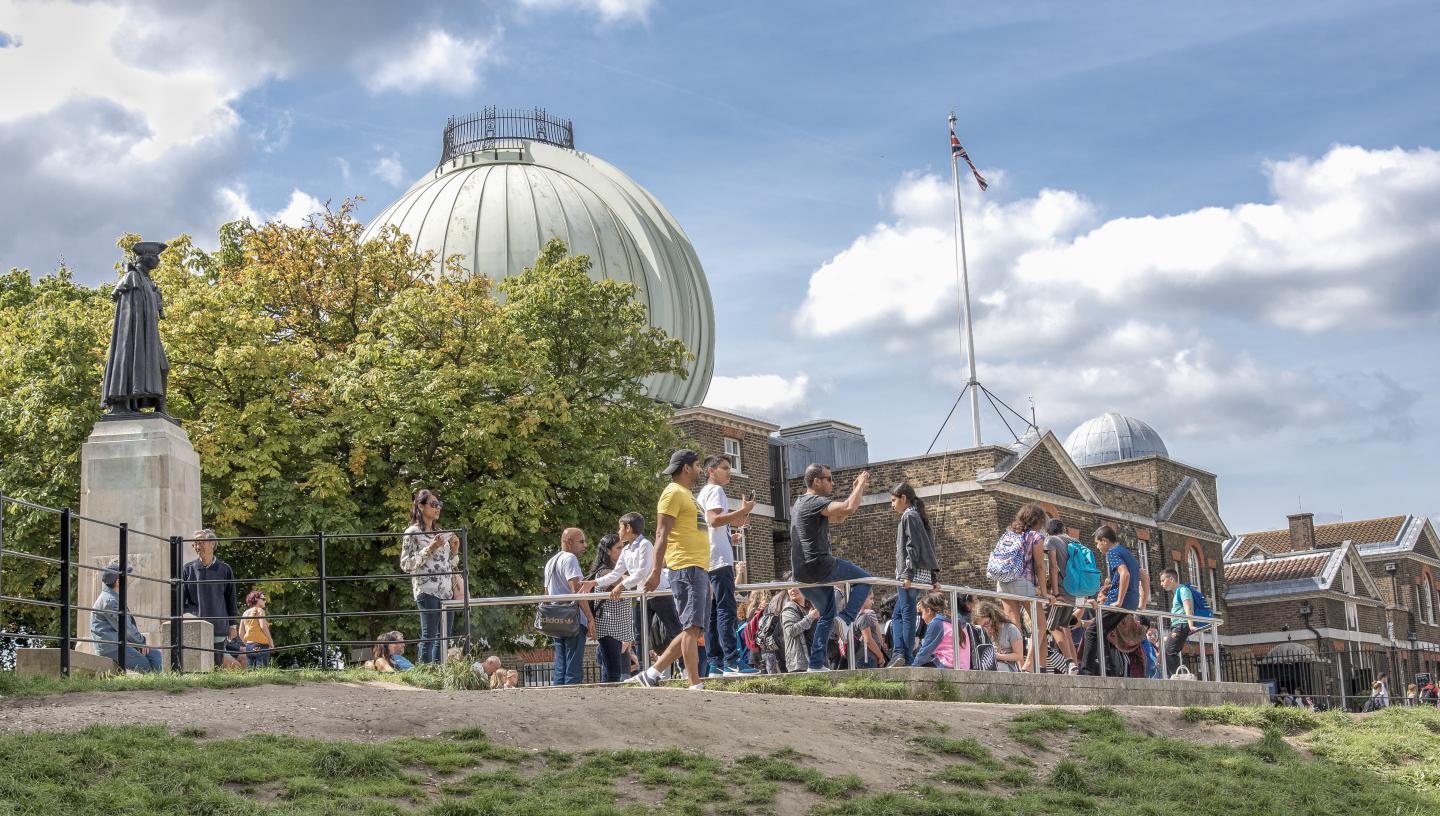
Visit the Royal Observatory
Main image via NASA
